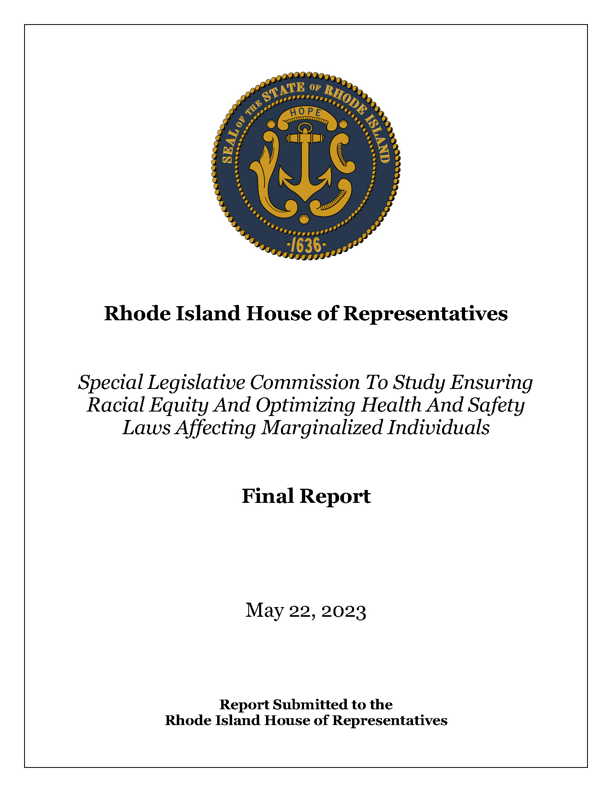September 2, 2023
In August, Pamela Paul penned an opinion piece for The New York Times titled “What It Means to Call Prostitution ‘Sex Work’.” The op-ed was in response to a New York Post article that denounced recent New York bills to decriminalize consensual adult prostitution. The New York Post utilized fear-mongering tactics to depict New York City overrun by sex workers and their clients. Despite the article’s clear anti-sex work sentiments, the author referred to adults who consensually sell sex as “sex workers.” This choice of rhetoric particularly angered Paul, who then responded with her inflammatory op-ed in the Times.
In Paul’s misguided opinion piece, she proclaims that referring to prostitution as “sex work” legitimizes prostitution as a conventional job or profession. According to Paul, referring to a sex worker as anything other than a “prostitute,” “victim,” or perhaps a far more derogatory term like “hooker,” absolves sex buyers of their responsibility in what she views as an exploitative industry. Paul’s opinion aligns with that of a fringe group of radical feminists who believe that all sex work is exploitation, an assumption that strips sex workers of their autonomy. Paul, and those who share her belief, fail to understand how powerful and dangerous the stigma associated with prostitution can be. When Carol Leigh coined the term “sex work” in the 1980s, she did so in an effort to destigmatize the profession. The declaration that sex work is work affirms that sex workers are just like any other worker and thus should be afforded the same rights, protection, and respect. Using the term “sex work” does not deny the real potential for exploitation in the industry. After all, all workers — regardless of their industry — have the potential to be exploited. Exploitation is not exclusively tied to sex work nor is it ubiquitous within the industry, and blanket assumptions like Paul’s do real harm to consensual sex workers just trying to do their jobs.
Paul’s piece generated a range of responses from readers across the world praising and condemning her sentiment. Due to the onslaught of reader responses, the Times went on to publish a handful of readers’ responses. Henri Bynx, co-founder and co-executive director of the Ishtar Collective, penned the following letter to the editor in response to Paul’s piece. Unfortunately, The New York Times failed to publish Bynx’s letter from the perspective of an actual sex worker. We have published it here instead.
In “What It Means to Call Prostitution ‘Sex Work’,” Pamela Paul writes “the use of ‘sex work,’ … effectively increases the likelihood of harm for a population that has already suffered so much.” I’m a sex worker and, in reality, statements like Paul’s make sex work and my daily life dangerous by reinforcing the notion that sex workers, not all of whom are women, are unable to make choices for themselves and that prostitution is done to them.
Like Paul, I am frustrated by how little attention is paid to dismantling “systems of exploitation.” Racism, poverty, discrimination and structural inequities are the root causes of trafficking, not the sex industry, and efforts to abolish it through criminalization actually perpetuate violence and exploitation. UNAIDS, the Global Alliance Against Traffic in Women, the UN Special Rapporteur on the Right to Health, the World Health Organization and other leading human rights organizations all recommend decriminalizing consensual adult sex work to decrease trafficking. Decriminalization is urgently needed and it is unfortunate, since we’re all working to eliminate trafficking, that this critical reform is hindered by stigmatization and inflammatory rhetoric, such as that in Paul’s piece and the New York Post article which prompted her writing.

DSW Community Engagement Consultant Henri Bynx
DSW Newsletter #49
RI Legislative Study Commission Releases Report Recommending Reforms to Prostitution Laws

The European Court of Human Rights Agrees To Hear Case Brought by Sex Workers

Tell The New York Times: Sex Work Is Work

DSW and Allies Educate NY Legislators on the Critical Need for Immunity Laws

